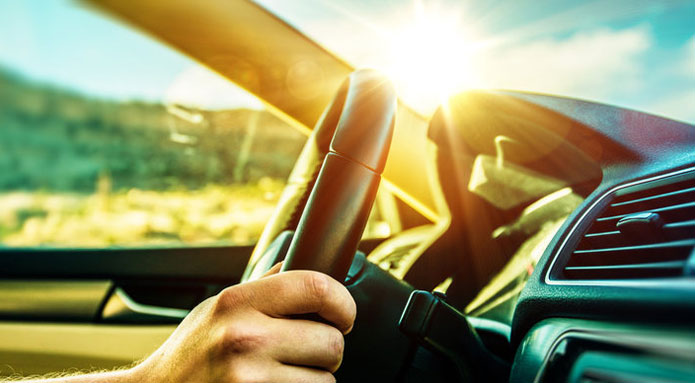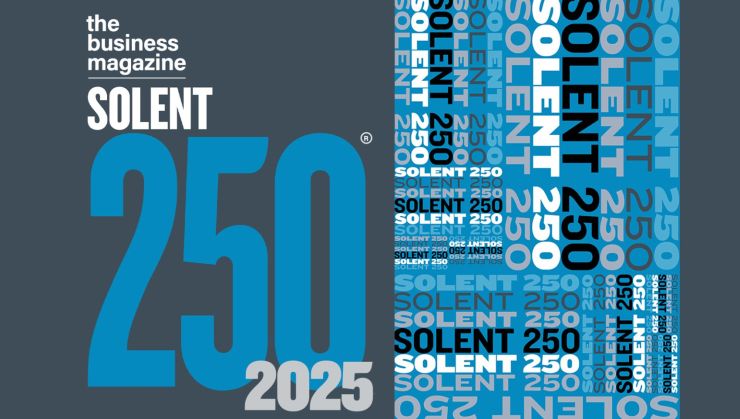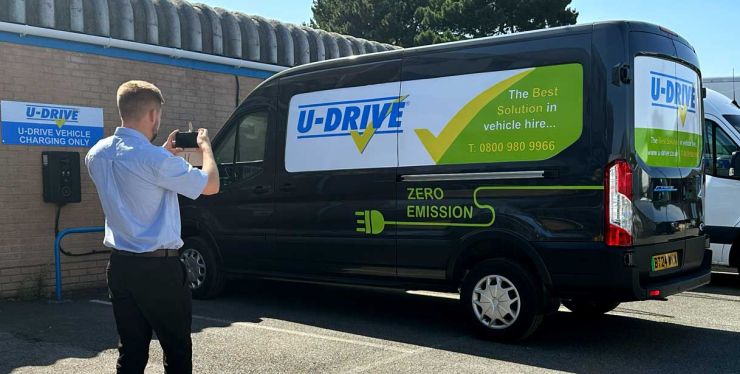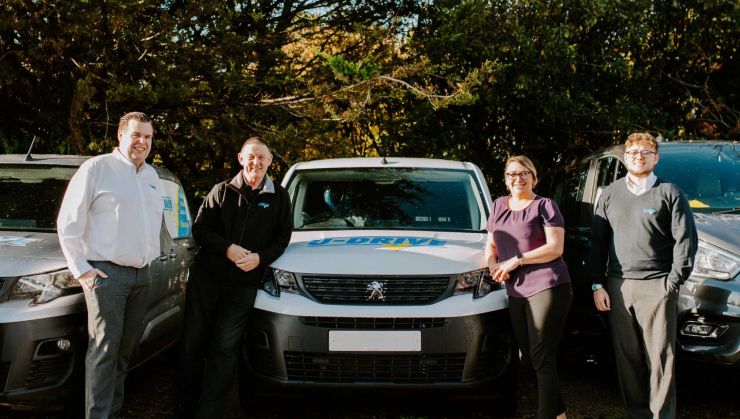Last Updated: 15th April 2024
The school summer holidays are fast approaching and so here's a list of things to consider when driving in the summer.
Things to consider when driving in the sun
1. Reduce Glare
In the summer the sun creates a glare and affects vision, keep your windscreen clean to avoid this and double-check your wipers for any damage. Sunrise and sunset can also be hazardous, so keep a pair of sunglasses in your car as an extra precaution and remember to use your sun visor.
2. Check Your Tyres
Try to regularly check your tyres for damage. Heat can increase the risk of a blowout if tyres aren’t inflated correctly. If you’re taking your car on holiday this summer make sure you account for the extra loading and inflate your tyres in line with manufacturer recommendations. Looking after your tyres will help lower fuel consumption and increase the tyres life, so will save you money in the long run.
3. Be Cautious Of Road Surfaces
In the heat tarmac can become sticky and loosen particles in the road or melt the road surface. This can cause holes that damage tyres and creates small chippings that can easily crack windscreens and scratch paintwork. Pay attention to temporary speed limits, keep a good distance between you and the car in front and have any windscreen chips, no matter how small, examined by a professional sooner rather than later.
4. Avoid Overheating
Make sure you have plenty of coolant! Check your coolant hose for wet or white marks, and listen for the fan when your engine is idle. If anything seems off get it checked out! If your engine is overheating while driving (temperature gauge rising, steam coming from the bonnet etc.) pull over in a safe place, turn off the engine and wait at least half an hour before you open the bonnet to allow it cool down, then check your coolant levels.
5. Limit Pollen Particles Within Your Vehicle
Impromptu sneezing is never a good thing while you are driving, so if you feel a sneeze coming on slow down! The AA estimates that if you sneeze while travelling at 70mph you could impair your vision for up to 100m. Take precautions to minimise symptoms, close all your windows and vents to limit pollen particles within your vehicle. Vacuum regularly to pick up any dust particles and ensure that if you are taking antihistamines, they are the non-drowsy kind.
6. Plan Your Route
If the sun is out and it’s the weekend, the likelihood is that lots of people have had the same idea and are heading to the beach. Use an online route planner to check for traffic to avoid spending the whole day in the car in traffic jams.
7. Vehicle Hazards
When the sun is out, tractors are a much more common occurrence for those of us living in the country side. They block the view of the road ahead, frequently drive on narrow country roads, and may be wearing ear protection. Due to these factors, a significant amount of caution should be taken if you are over-taking or driving behind one - and remember that it may be longer than it seems as it may have a loader on the front. Leave plenty of room and be wary of sudden stops or turns, as it is not a legal requirement for tractors to use indicators during daylight.
There will also be more motorcyclists and cyclists on the road, so watch out for them. Never share a lane with a motorcyclist, as they also have to use the complete lane. Increase your following distance by 4 seconds when following a motorcyclist, and be constantly vigilant for bikes.
8. Fuel Efficiency
Keep the windows closed on a motorway to reduce drag and only use the air conditioning once all the windows and doors are closed, as this can also use fuel. Also make sure you increase your tyre pressure if you’re carrying extra passengers to lower fuel consumption (as per point 2 above).
9. Check Your Car Before You Travel
Do a basic check of your car before you head out to prevent an unnecessary breakdown. Check the oil, coolant, and screen wash levels and the tyres tread and pressure. Also double-check you have enough fuel (- running out is the most common cause of a break down).
10. Consider Hiring a Vehicle
If you are going on a summer road trip and own a vehicle that is not in in top condition or is expensive to fuel, it may be worthwhile hiring a car for your summer road trip. Newer cars get better fuel economy and are less likely to break down. Plus, you won't put extra wear and tear on your own vehicle.
All of U-Drive's vehicles are maintained to an exceptional standard by our in-house workshop teams and are protected by our breakdown policy, so you can spend less time worrying about the paperwork and more time enjoying the sun! Call us on 0800 980 9966 for more details.




